How TUI rapidly scaled its generative AI integration through Amazon Bedrock
The travel industry giant has been hard at work gearing itself up to utilize generative AI over the last few years
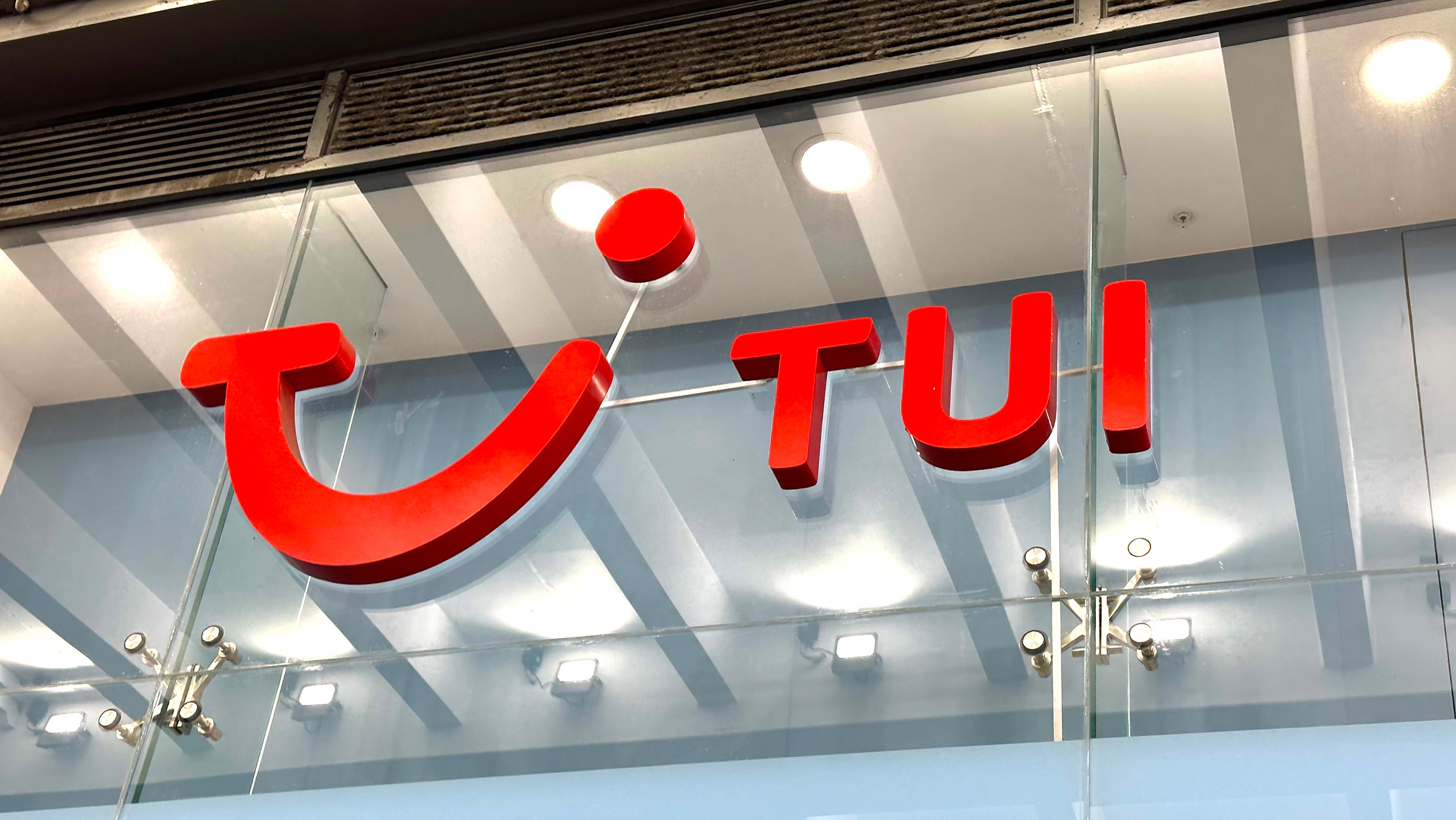

Though the benefits of generative AI are plentiful to the prospective enterprise user, many businesses still lack the infrastructure to unlock the technology at scale.
The more AI tools enterprises integrate into their systems, the more important a strong data foundation is. Without the right groundwork leaders open themselves up to data-related issues, but getting systems in the right place can take some time.
Consumer travel firm TUI has embraced generative AI through Amazon Bedrock, AWS's managed service for large language models (LLMs), to quickly put AI models into the hands of its staff.
But its journey to this point started as far back as 2017, when the firm began to focus on digital transformation and migrating to the cloud. This is according to Pieter Jordaan, TUI’s CIO, who tells ITPro how the travel titan built its adoption of AI on the foundations of its strong cloud posture.
“We've been on a global platform transformation journey, even before [COVID]” Jordaan says. “We were already on that journey and then COVID gave us the opportunity, with business being slow, to tackle some of the very big, complicated platforms”.
With flights grounded during the pandemic, TUI turned its attention towards upgrading or replacing legacy flight systems and platforms that would have been too difficult to alter under normal business circumstances.
As part of this change, the firm made a key decision - “no more on premises, everything goes into the cloud,” Jordaan says.
Get the ITPro daily newsletter
Sign up today and you will receive a free copy of our Future Focus 2025 report - the leading guidance on AI, cybersecurity and other IT challenges as per 700+ senior executives
As such, TUI was able to position itself for optimal adoption of new tools in the cloud including generative AI.
Overcoming AI infrastructure barriers
Jordaan tells ITPro that his team knew it needed to solve the issue of infrastructure before it could adopt AI tools. Generative AI can only be run at optimal performance on the back of extensive planning and system optimizations and enterprises may require myriad different platforms to find the right solutions for specific use cases.
“The infrastructure of running the models and [managing] the foundation models was what we really needed,” Jordaan says.
Part of this infrastructural complexity is also a data issue. As Jordaan notes, it was key to TUI’s wider digital transformation efforts that its data be suitably prepared for the implementation of AI tools.
“You need backend infrastructure … you need compliance and your security,” Jordaan says, “You can’t just use ChatGPT off the ball - your data must be secured.”
RELATED WHITEPAPER
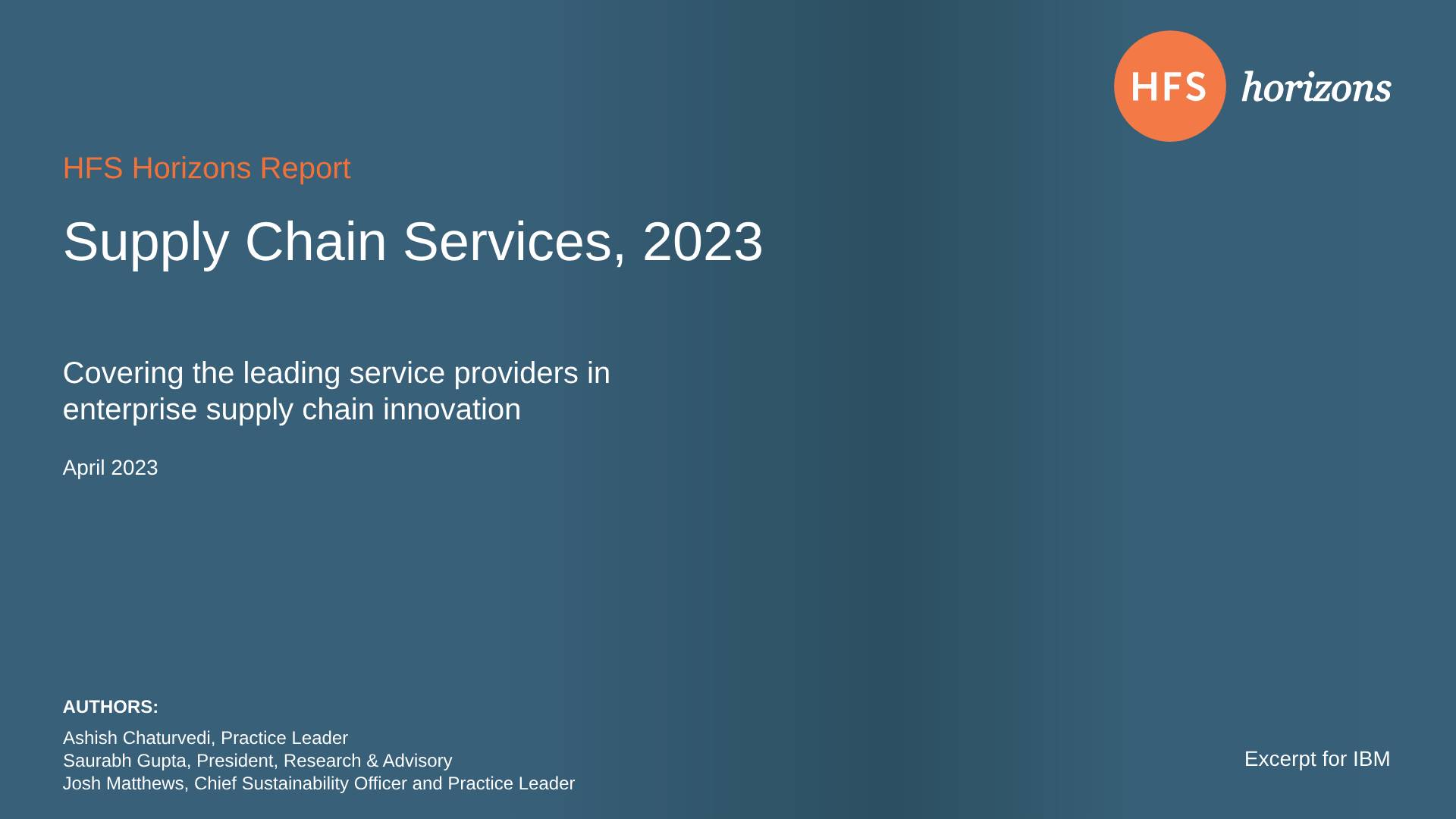
Regulations over data use and concerns over the exact data used for AI training or inference can slow enterprise uptake of the technology or open companies up to legal concerns. Even one’s infrastructure is in the right place, a strategy for AI implementation including detailed assessment of AI providers is key.
To cross this hurdle, TUI leveraged the existing infrastructure of its chosen cloud provider AWS and Jordann emphasizes Amazon Bedrock as the key to TUI’s rapid generative AI adoption.
“What Amazon Bedrock brought to the table was the ability for us to quickly use the models and not have to worry about it,” Jordan says. “So as long as our security sector in AWS is fine we know the pipeline will be fine,” Jordaan says.
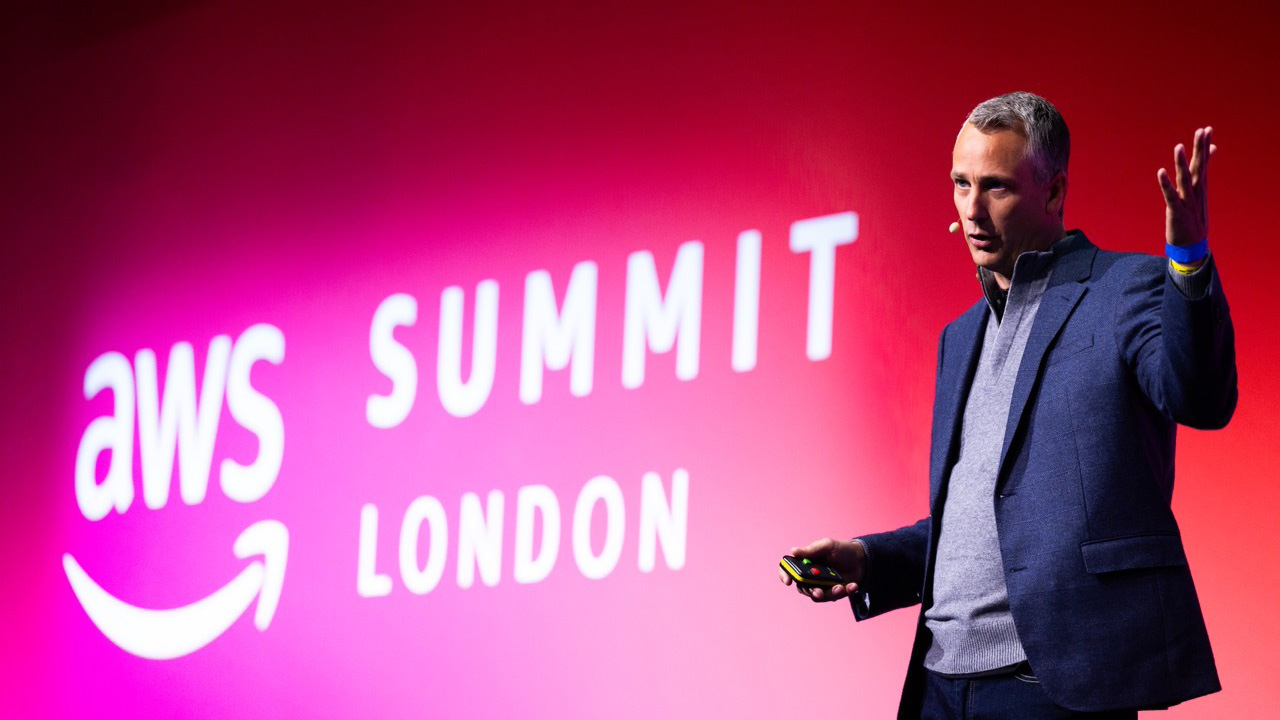
The question for TUI, Jordaan says, became the extent to which the firm could leverage what AWS already had to “solve the business problems”. In practical terms this meant using the best models already on Bedrock, helping TUI to focus on its own goals rather than getting “bogged down” in building its own models.
Slashing operating time in key areas of the business
Though the firm is still in the midst of bringing generative AI capabilities into areas of the business, Jordaan cites two key areas in which generative AI is already generating tangible value for TUI: in its call centers and its development teams.
The company saw “significant opportunities” in call centers specifically, Jordaan says, as the main aim in these sorts of roles is to get the “right answer to the person as fast as possible”.
Complaint handling time, Jordaan reports, has been “significantly slashed” at TUI, by between 30% and 50%. General call center handling time has also seen “signficant improvements”, with phone operators able
In its developer teams, TUI has also found success in providing workers with AI pair programmers for faster code generation. Jordaan doesn’t think headcounts in development departments will suffer either, saying rather that demand will just change such that developers produce more code and begin to solver harder problems.
“That’s why I really believe that it's going to be probably one of the most significant areas of efficiency improvement,” Jordaan says.
TUI has specifically provided its developers with Amazon Q, the enterprise-ready chatbot from AWS, which is capable of generating and debugging code, or summarizing content from from across a company’s estate.
A struggle to keep pace with AI innovation
The biggest barrier to TUI’s digital transformation journey with generative AI, according to Jordaan, was the pace of innovation in AI as a whole, and the extent to which workers and those in the company constantly need to adapt to new features.
“Just as you wrap your head around something, something else comes out,” Jordaan says.
This is a key pain point across sectorsJordaan says, as enterprises constantly struggle to keep pace with new technologies and reconsider their strategies. He also draws attention to the steep learning curve of AI, which can become a pain point from a workforce perspective without AI upskilling.
“The limiting factor on how fast you could run and how fast you can adopt is the human side,” Jordaan says. While someone can use an LLM in a basic manner, he adds, experts can use a model and generate completely different results.
Going forward, TUI intends to keep pace with generative AI innovation based on its cloud platform. Leaning on AWS as a partner and with its cloud-first approach to expansion, the firm aims to unlock even more value and continue to enrich its workforce through digital transformation.

George Fitzmaurice is a former Staff Writer at ITPro and ChannelPro, with a particular interest in AI regulation, data legislation, and market development. After graduating from the University of Oxford with a degree in English Language and Literature, he undertook an internship at the New Statesman before starting at ITPro. Outside of the office, George is both an aspiring musician and an avid reader.
-
 Bigger salaries, more burnout: Is the CISO role in crisis?
Bigger salaries, more burnout: Is the CISO role in crisis?In-depth CISOs are more stressed than ever before – but why is this and what can be done?
By Kate O'Flaherty Published
-
 Cheap cyber crime kits can be bought on the dark web for less than $25
Cheap cyber crime kits can be bought on the dark web for less than $25News Research from NordVPN shows phishing kits are now widely available on the dark web and via messaging apps like Telegram, and are often selling for less than $25.
By Emma Woollacott Published
-
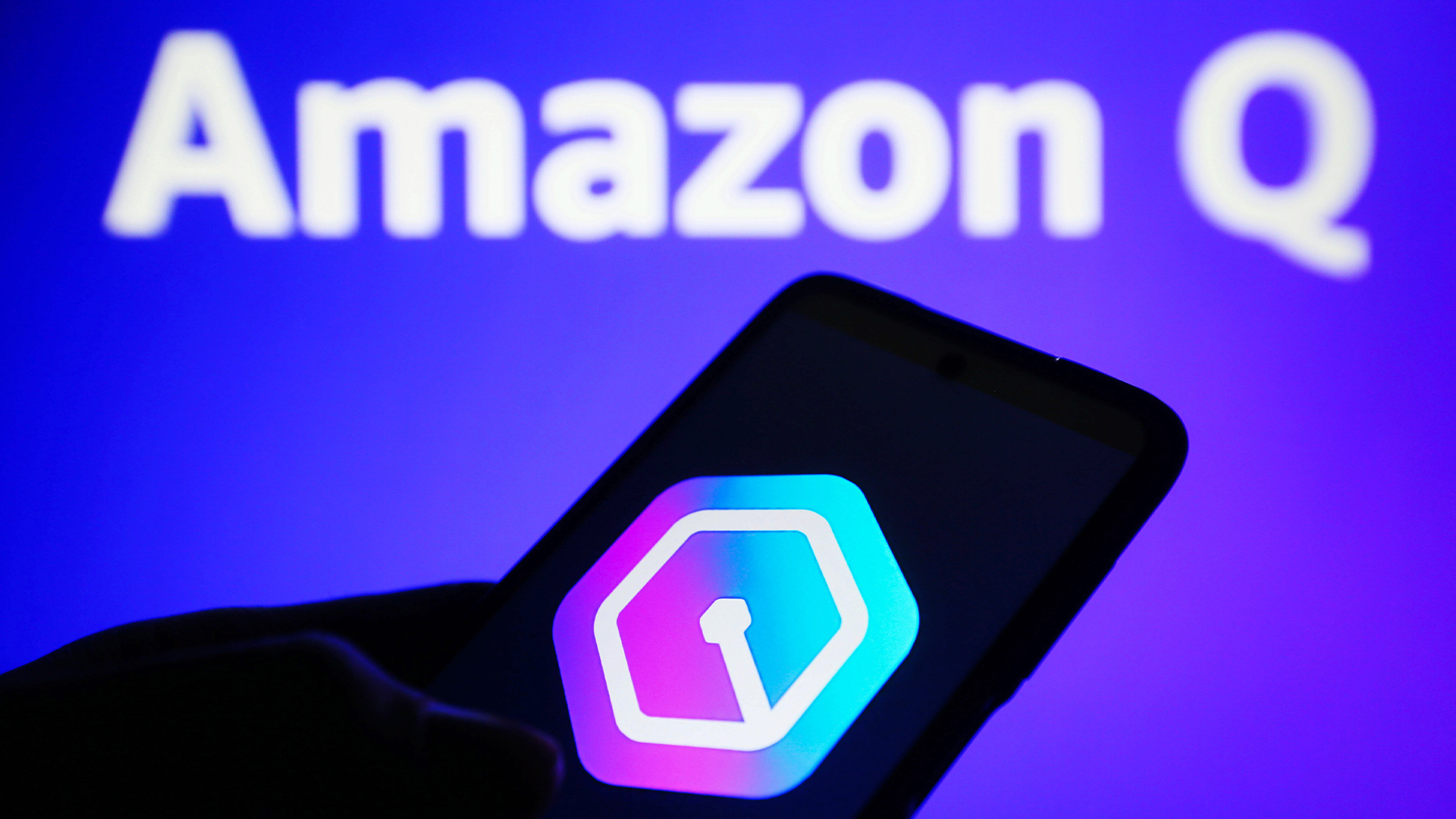 'Customers have been begging us to launch': AWS just rolled out Amazon Q Business in Europe – and it includes new data residency features
'Customers have been begging us to launch': AWS just rolled out Amazon Q Business in Europe – and it includes new data residency featuresNews AWS has announced the availability of its Amazon Q Business platform in Europe in a move sure to please sovereignty-conscious customers.
By George Fitzmaurice Published
-
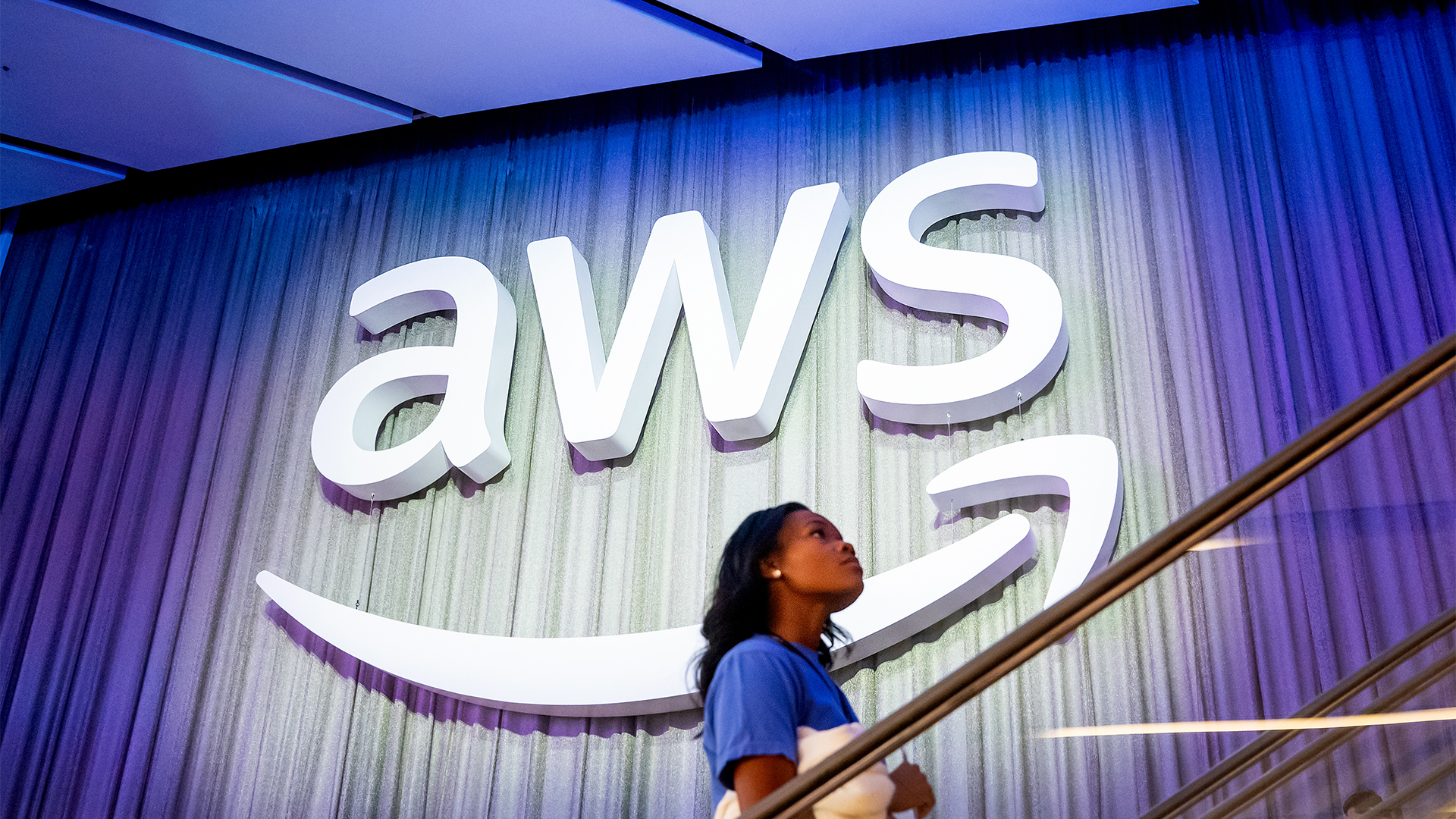 AWS sharpens sustainability focus as AI environmental concerns rise
AWS sharpens sustainability focus as AI environmental concerns riseNews The hyperscaler says sustainability plays a part in core decision-making in the age of AI
By George Fitzmaurice Published
-
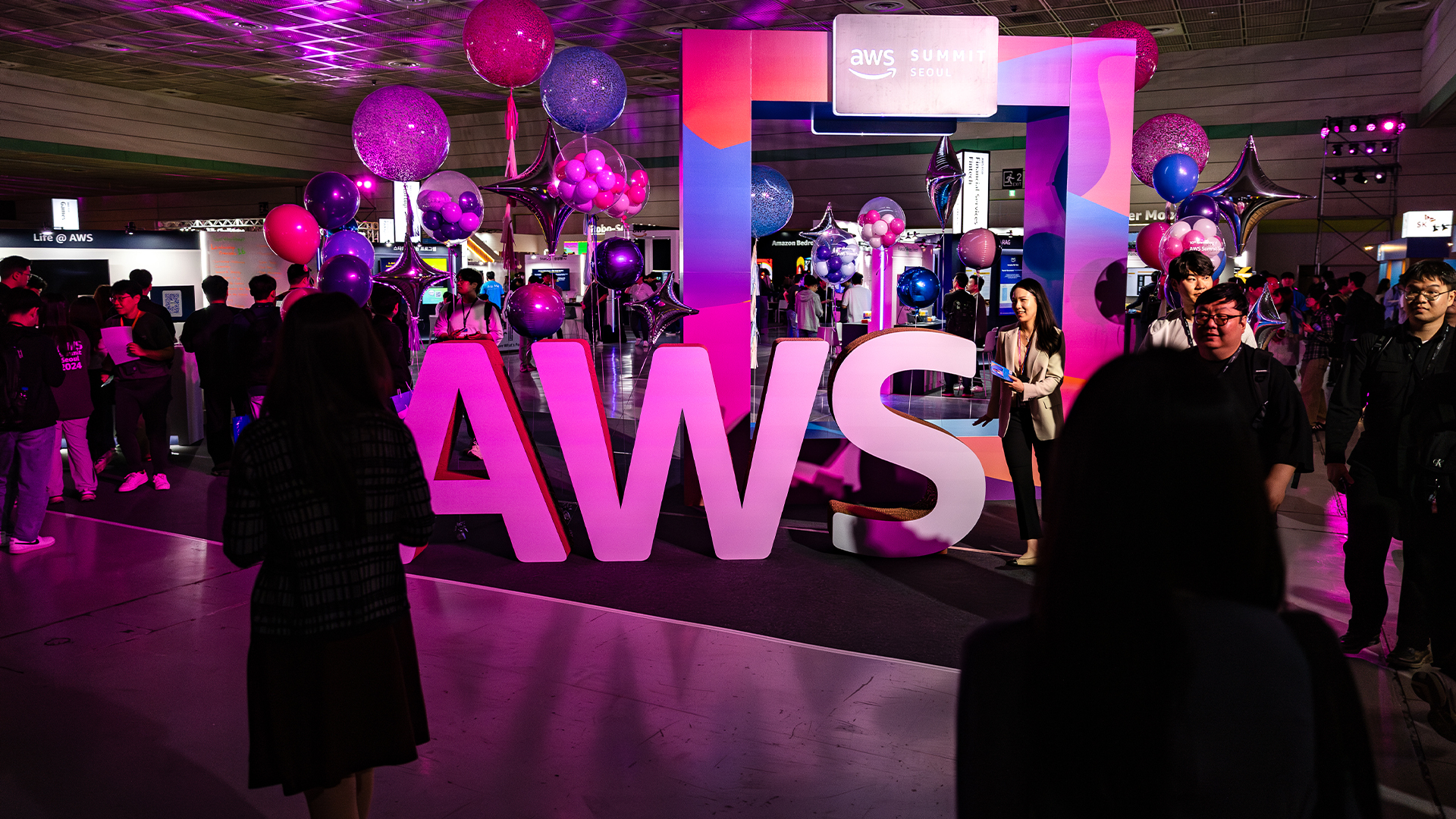 AWS goes all in on AI agents with new features for Bedrock and Amazon Q
AWS goes all in on AI agents with new features for Bedrock and Amazon QNews Agentic customizability is coming to Bedrock and the Amazon Q developer assistant
By George Fitzmaurice Published
-
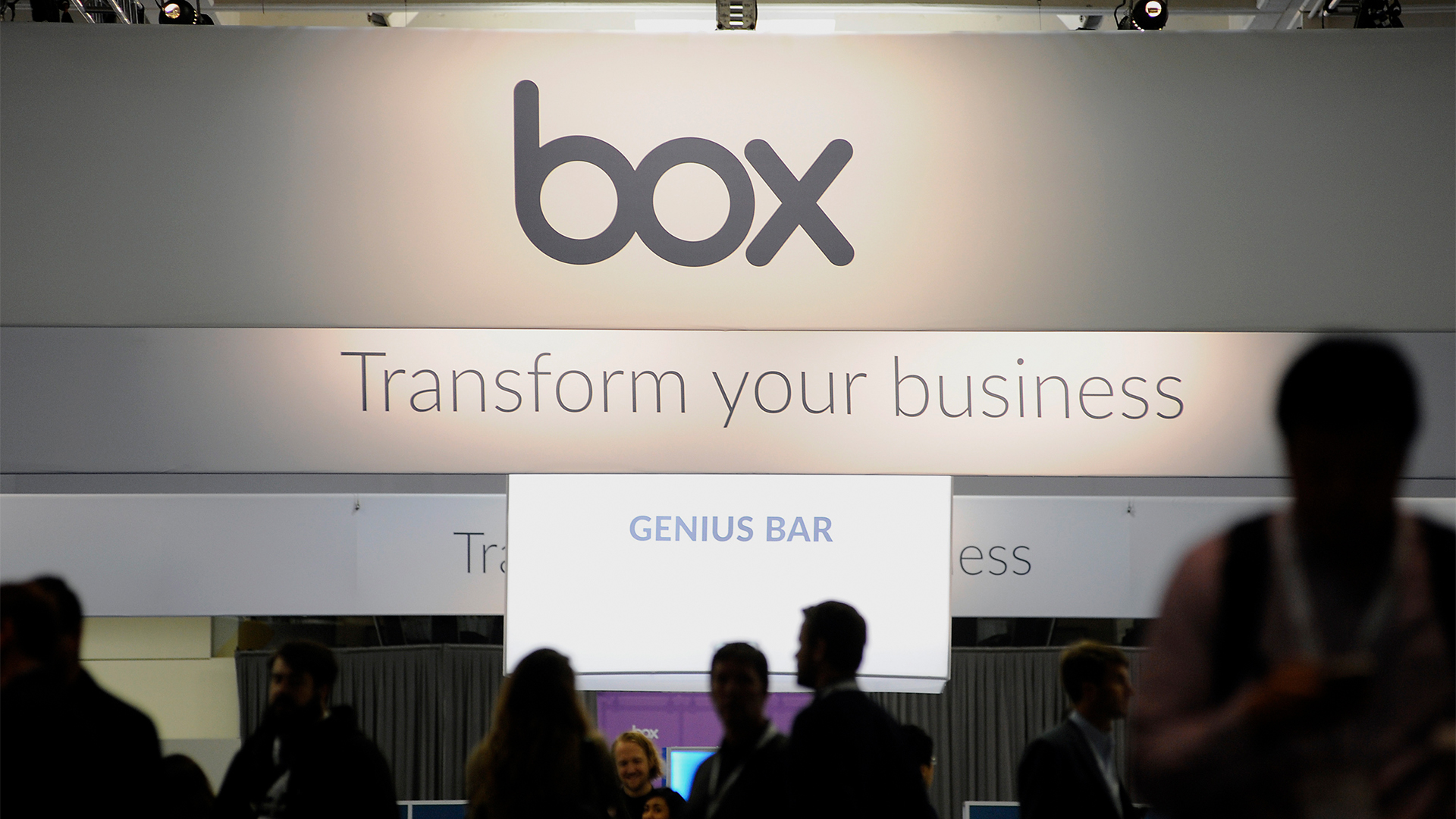 New AWS and Box collaboration brings AI models to enterprise content
New AWS and Box collaboration brings AI models to enterprise contentNews Box customers can now access Anthropic’s Claude and Amazon Titan foundation models within Box AI
By Daniel Todd Published
-
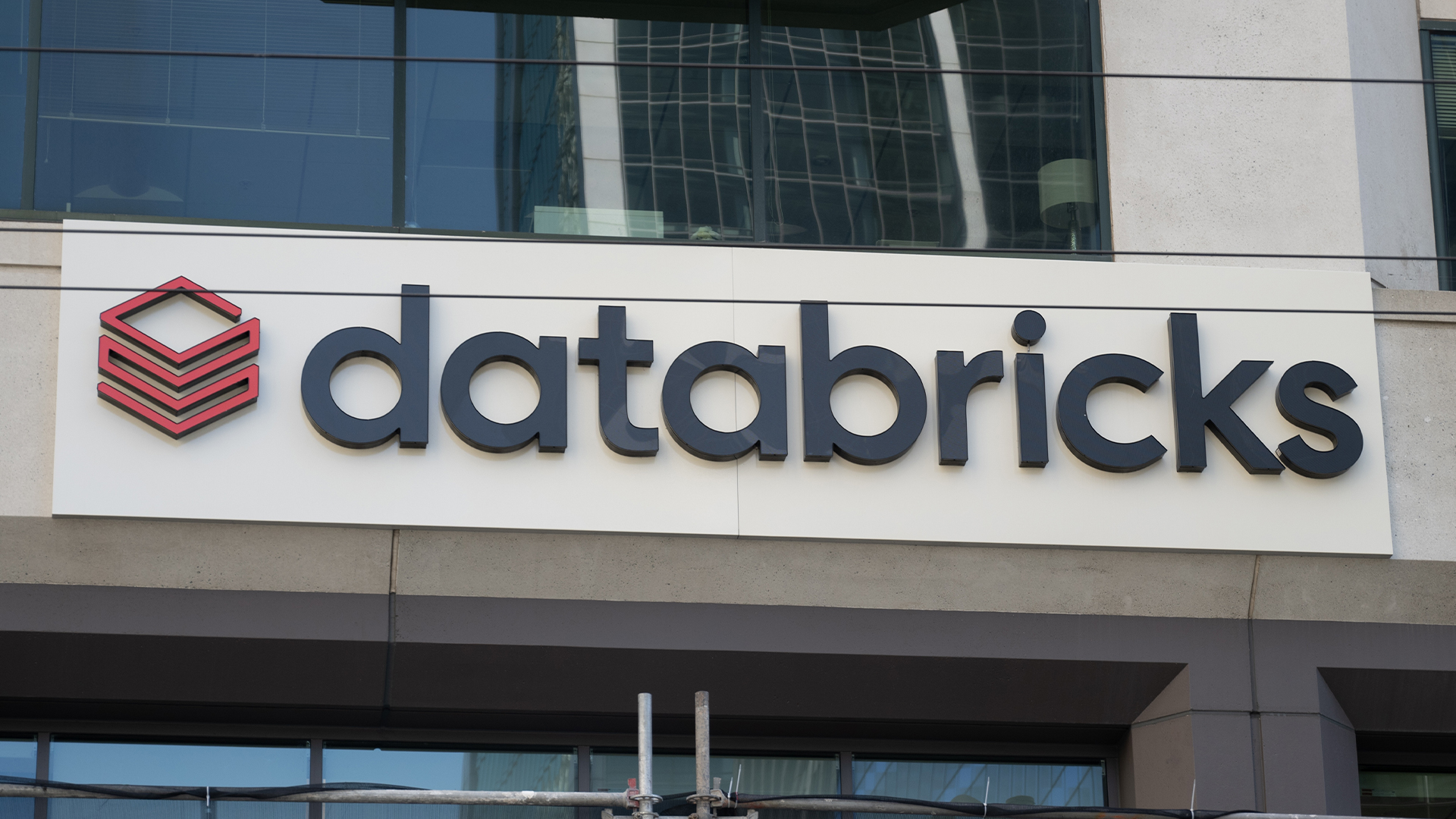 Databricks expands AWS partnership to drive generative AI capabilities
Databricks expands AWS partnership to drive generative AI capabilitiesNews The new agreement promises “unmatched scale and price performance” to help customers take genAI applications to market faster
By Daniel Todd Published
-
 Amazon’s $4 billion investment in Anthropic faces UK competition probe – here’s what it means
Amazon’s $4 billion investment in Anthropic faces UK competition probe – here’s what it meansNews The CMA investigation into the Anthropic investment is the latest in a slew of probes by the competition regulator
By Emma Woollacott Published
-
 Hyperscaler AI spending is getting out of control — and Microsoft says it could take 15 years for it to make good on investments
Hyperscaler AI spending is getting out of control — and Microsoft says it could take 15 years for it to make good on investmentsNews Tech giants' results show billions being poured into AI infrastructure, but big leaps in revenue remain elusive
By Nicole Kobie Published
-
 ChatGPT could be facing some serious competition: Amazon is reportedly working on a new AI tool, ‘Metis’, to challenge the chatbot’s dominance
ChatGPT could be facing some serious competition: Amazon is reportedly working on a new AI tool, ‘Metis’, to challenge the chatbot’s dominanceNews Amazon could be preparing to mount a serious challenge on ChatGPT’s dominance with the launch of a new chatbot service
By Ross Kelly Published